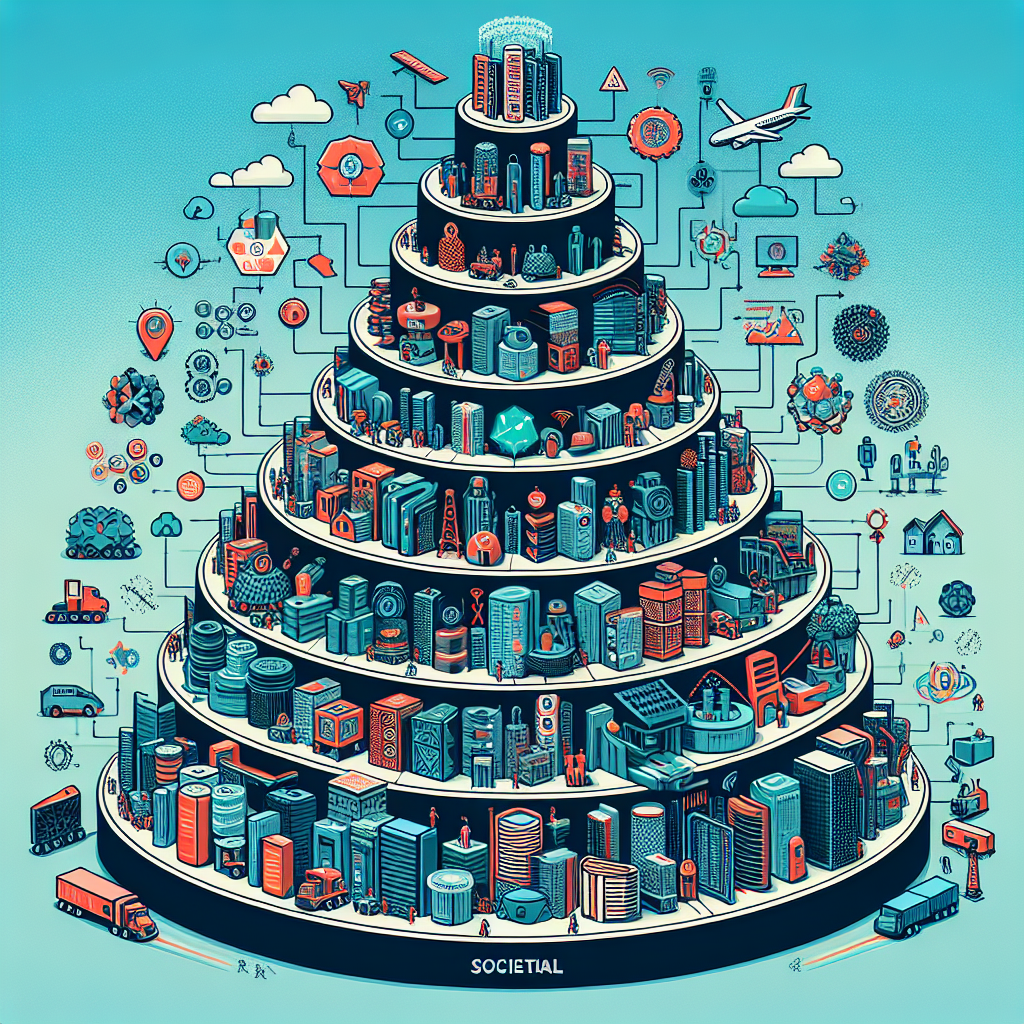Artificial General Intelligence (AGI) is a term that has been gaining increasing attention in recent years. As the next frontier in artificial intelligence, AGI has the potential to revolutionize industries and society as a whole. In this article, we will explore what AGI is, how it differs from other forms of AI, and the impact it could have on various sectors.
What is AGI?
AGI, also known as strong AI or human-level AI, refers to artificial intelligence systems that possess the ability to understand, learn, and apply knowledge in a way that is indistinguishable from human intelligence. Unlike narrow AI, which is designed to perform specific tasks within a limited domain, AGI aims to replicate the full spectrum of human cognitive abilities.
AGI systems are capable of reasoning, problem-solving, learning from experience, and adapting to new situations. They have the potential to perform a wide range of tasks across different domains, from healthcare and finance to transportation and entertainment.
How is AGI Different from Other Forms of AI?
The main difference between AGI and other forms of AI lies in the level of intelligence exhibited by the systems. While narrow AI is designed to excel at specific tasks, such as image recognition or natural language processing, AGI aims to replicate the general intelligence of humans.
AGI systems are not bound by the limitations of narrow AI, which are often constrained by the data they are trained on and the tasks they are designed to perform. AGI has the potential to learn and adapt in real-time, making it more versatile and capable of handling complex, unstructured problems.
What Impact Could AGI Have on Industries and Society?
The potential impact of AGI on industries and society is vast and far-reaching. From healthcare and finance to transportation and entertainment, AGI has the potential to transform the way we live and work in profound ways.
In healthcare, AGI could revolutionize diagnosis and treatment by analyzing vast amounts of medical data to identify patterns and trends that human doctors may overlook. AGI systems could also assist in drug discovery, personalized medicine, and predictive analytics, leading to more effective and efficient healthcare outcomes.
In finance, AGI could improve risk management, fraud detection, and investment strategies by analyzing market trends and economic data in real-time. AGI systems could also assist in portfolio management, algorithmic trading, and customer service, leading to more informed and personalized financial decisions.
In transportation, AGI could revolutionize autonomous vehicles by enabling them to navigate complex environments, make split-second decisions, and communicate with other vehicles in real-time. AGI systems could also optimize traffic flow, reduce congestion, and improve road safety, leading to more efficient and sustainable transportation systems.
In entertainment, AGI could revolutionize content creation, gaming, and virtual reality experiences by generating personalized and immersive entertainment experiences for users. AGI systems could also assist in content curation, recommendation engines, and interactive storytelling, leading to more engaging and interactive entertainment experiences.
Overall, the impact of AGI on industries and society is expected to be transformative, leading to more efficient, intelligent, and autonomous systems that enhance our lives in ways we have yet to imagine.
FAQs
Q: What are some challenges and limitations of AGI?
A: One of the main challenges of AGI is ensuring that the systems are safe, ethical, and aligned with human values. AGI systems must be designed to prioritize human well-being and avoid harmful outcomes, such as bias, discrimination, or unintended consequences. Another challenge is ensuring that AGI systems are transparent, explainable, and accountable, so that users can understand how they work and make informed decisions about their use.
Q: How close are we to achieving AGI?
A: While AGI remains a long-term goal, significant progress has been made in recent years towards developing more intelligent and capable AI systems. Researchers are working on developing advanced algorithms, models, and architectures that can replicate human intelligence in a more scalable and efficient way. While there is still much work to be done, the rapid pace of innovation in AI suggests that AGI may be achievable in the not-too-distant future.
Q: What are some potential risks and concerns associated with AGI?
A: Some potential risks and concerns associated with AGI include job displacement, economic inequality, privacy violations, and security threats. AGI systems have the potential to automate and disrupt traditional industries, leading to job losses and economic upheaval. AGI systems also raise concerns about data privacy, surveillance, and control, as they have the potential to access and analyze vast amounts of personal information without consent. Additionally, AGI systems could be vulnerable to cyberattacks, manipulation, or misuse, leading to unintended and potentially harmful consequences.
In conclusion, AGI has the potential to be a game-changer for industries and society as a whole, revolutionizing the way we live and work in profound ways. While there are challenges and risks associated with AGI, the potential benefits and opportunities are vast and transformative. As researchers continue to make progress towards developing more intelligent and capable AI systems, the future of AGI looks promising and full of potential for innovation and advancement.

